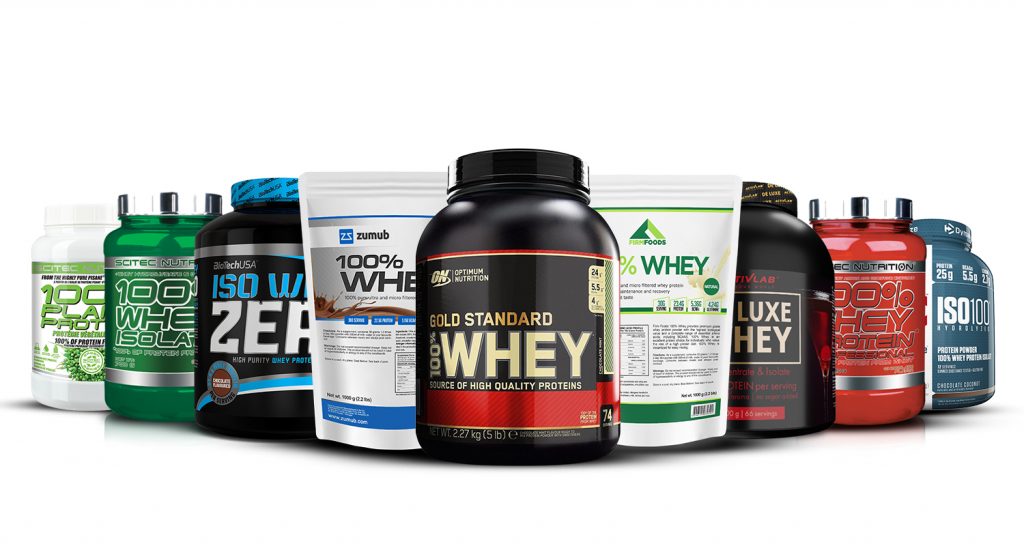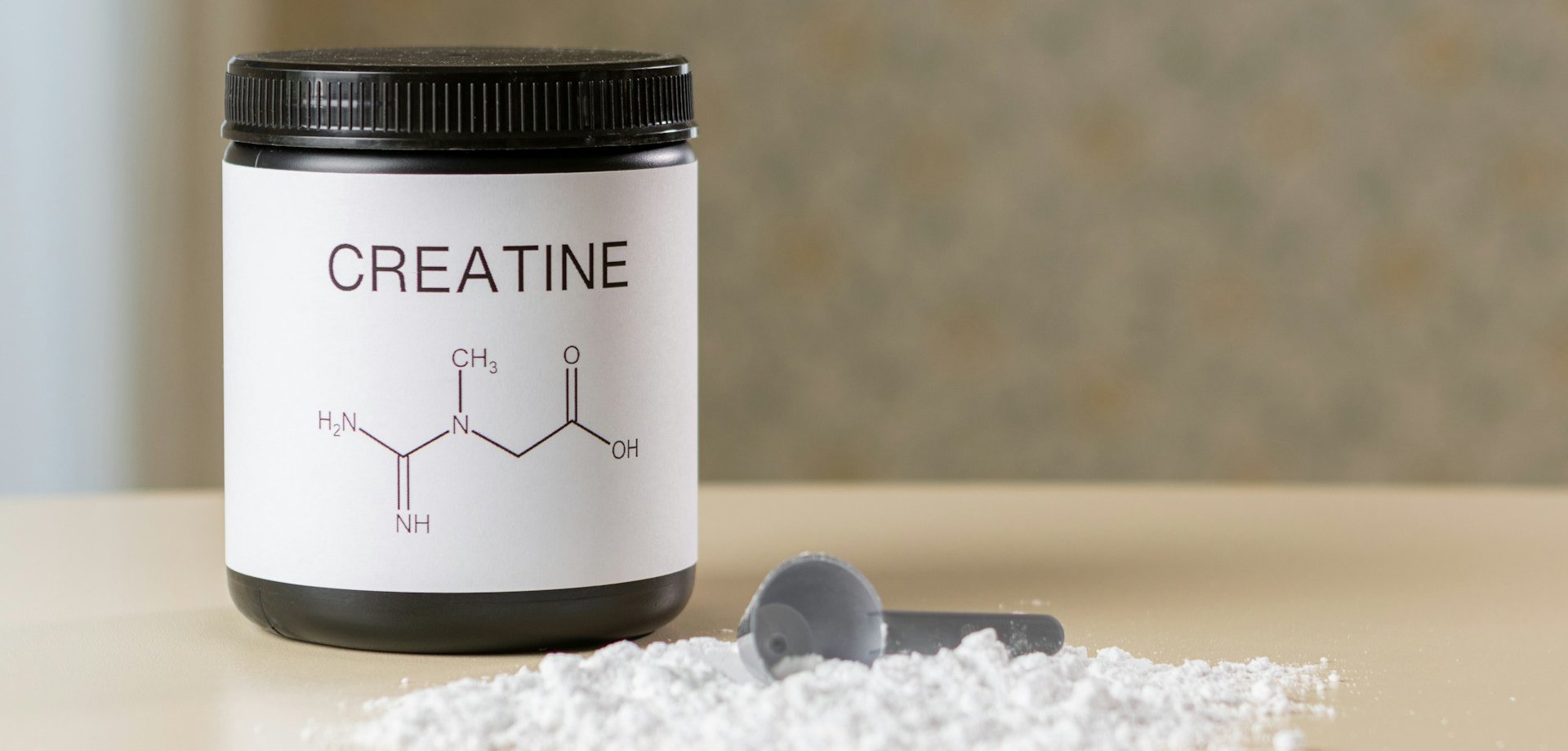Fat burners, myth or reality?
Author:
Julio Valero
Published on:
11/18/2020

To know the truth about fat burners, you first need to know roughly how your body loses body fat.
Our body works with the balance of energy, what it takes in and what it uses, which is commonly known as calories. These calories are a unit of measurement of the heat that rises in your body to produce energy, so it is not something tangible, it is like milliliters or grams, in short, a unit of measurement.
Food in general provides us with energy. This energy is used in the amount necessary according to the particular expenditure of each person, and when the energy supplied exceeds that used, our body stores it in the form of liver glycogen, muscle glycogen and body fat, for later use in case there is no constant external supply.
Liver and muscle glycogen have a limited storage capacity, averaging around 300-400 grams in total. Once these stores are replenished, excess energy is converted into body fat, which has virtually unlimited storage potential. This can lead to significant weight gain and contribute to obesity.
To utilize stored body fat as energy, we must consume fewer calories than we burn. This energy deficit forces our bodies to tap into fat reserves.
It is also possible to simply increase energy expenditure, thus achieving the same result (using reserve tissue to cover the extra expenditure), but in this case without the need to reduce incoming energy intake.
This is the only way your body will lose fat, it is physiology and if someone tells you something different, they should do truthful, controlled studies with the appropriate variables to demonstrate something different from what is expressed.
They claim that a supplement can help you lose fat. But how can a simple pill force your body to burn stored energy when it doesn't need to? I think it's ridiculous, and it's not just a thought – it's a fact. It's absurd.
Therefore, no supplement truly lives up to the name "Fat Burner." Some supplements, primarily those containing caffeine, may slightly increase alertness, potentially leading to a small boost in daily energy expenditure. However, this increase is likely to be minimal, at most 5% of your current energy expenditure. This increased alertness and focus may also slightly reduce appetite, but again, the effect is modest, likely less than 5%.

The reality is that when you hear that a "fat burner" worked for someone, it is because after buying said bottle, there comes a conscious intention to exercise and improve their diet, and if we add to this the state of alertness provided by caffeine, the person will attribute their own effort to a plastic bottle, which is not a credit to themselves, don't you think?
Finally, even if you're looking for a little boost in alertness and appetite control, these supplements aren't the best solution. It's simpler and more cost-effective to use caffeine directly, allowing you to adjust the dosage to your preference. This is precisely what 'fat burner' brands don't want you to know, as it would eliminate the need for their overpriced products, which are primarily based on simple stimulants like caffeine and similar compounds.
In summary:
There is no substance that causes your body to use up reserve tissue (body fat) if it does not have a physiological need to do so.
If you want to improve your alertness and help slightly control your appetite, it is better to use caffeine directly or something similar.
Whether or not you use this light support, you will still need to decrease your energy intake or increase it, or perhaps a combination of both.
Comparte en redes sociales
Recent posts

A bad night's sleep: a reason to stay up even longer?

Creatine Effectiveness: What Does Science Say About Its Benefits?

Does meal timing help you lose fat?

Is your triceps press building muscle or holding you back?

Nutrition tailored to you: based on your genetic profile.

Carbohydrates: the key to an explosive workout.